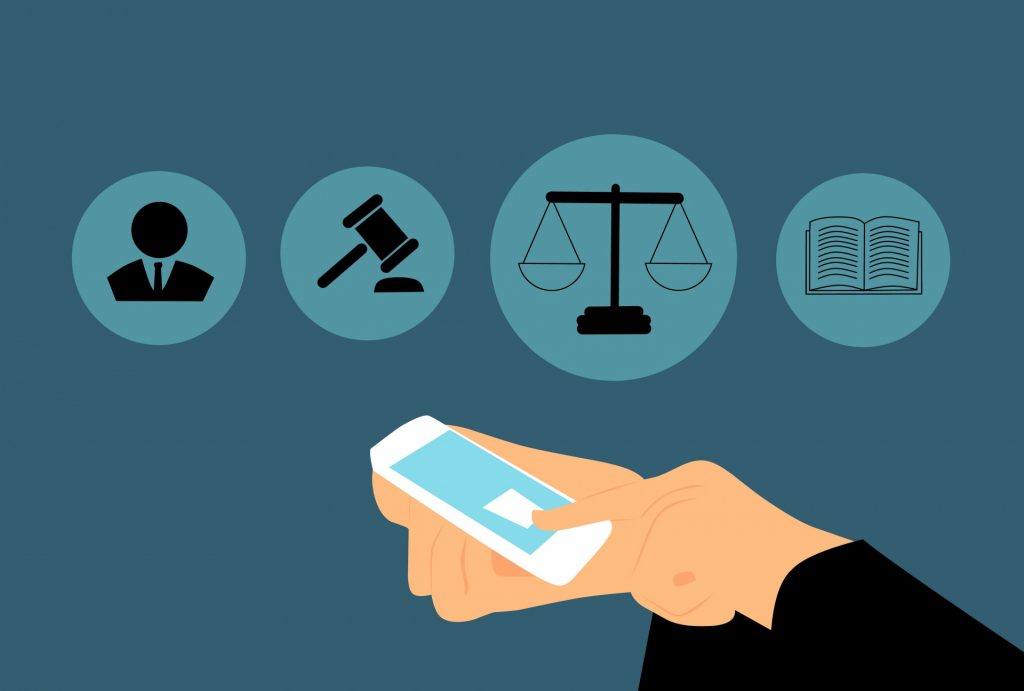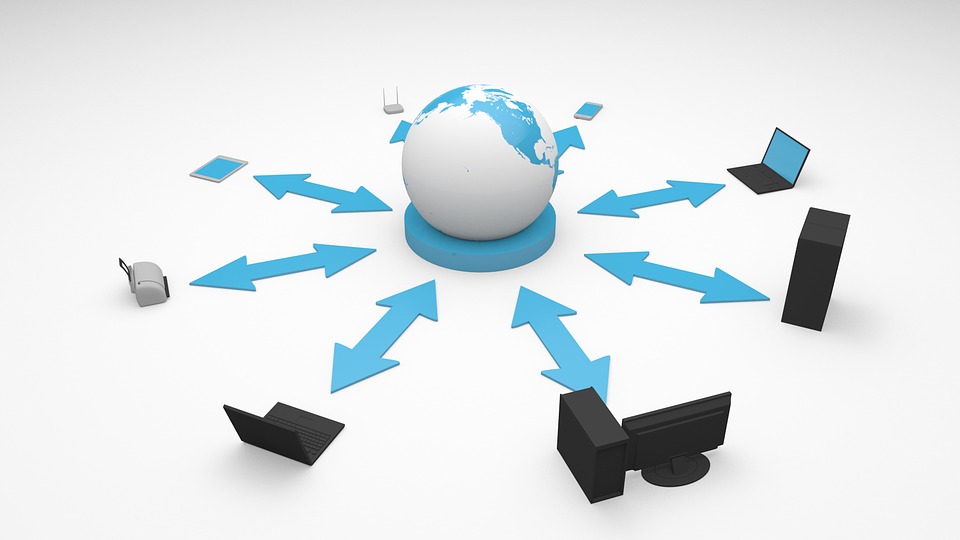In today’s digital era, many industries are undergoing dramatic changes to adapt to the inevitable wave of technological advancements. Although the legal sector has been reluctant to join the bandwagon, recent trends in artificial technology, machine language, virtualization, and cloud computing are motivating more and more law firms to embrace modern technology. Today, lawyers are benefiting significantly from innovations, which are proving to be excellent solutions for needs like proper time management, flexibility, accurate data analytics, and personalized client experiences.
So, if you’ve been wondering how the current crop of emerging technologies is transforming the legal space, below are four notable examples.

- Automation of Repetitive Tasks
The age-old stereotypical image of an attorney as an office-based professional surrounded by piles of paperwork is gradually giving way for a more modern setting, thanks to new technology. AI-powered software, for instance, is improving the efficiency of document analysis and that means machines can review files automatically and flag them as relevant to particular cases.
Other artificial intelligence tools are helping to track billable hours and analyze non-disclosure agreements with fewer errors than humans. As the need for someone to do repetitive paperwork disappears, lawyers are getting more time for higher-level tasks like advising clients, negotiating deals, and going to court.
- Data Processing and Predictive Analytics
Data is arguably the most significant resource for legal organizations. Refining the collection and processing of this data with technology enables firms to identify new business opportunities and tailor their services to specific clients. With data analytics and artificial intelligence, lawyers can quickly and accurately recognize patterns and relationships that shed more light into deals and cases, and also effectively sort through mountains of data to find the information they need. Unsurprisingly, the global legal analytics market is projected to reach a whopping $2 billion in 2022.
- Flexibility
The use of modern technology in the workplace is changing the way lawyers work. Today, innovation has led to the expansion of the on-demand economy and a generational move towards freelance and remote careers. While earlier business models were based in traditional offices, legal professionals that are embracing new technologies are achieving greater independence over how, when, and where they work.
- Full-Time Customer Service
Because technology gives lawyers the opportunity to draft flexible work schedules and overcome the constraints of time and place, they can work more closely with clients and attend to their emerging needs without delay.
Chatbots, for example, are supplementing the usual phones and emails by giving customers an always-live online platform, on which they can make inquiries and express their needs, and get timely responses. Artificially intelligent chatbots enable modern-day firms to connect with new and existing clients on a personalized, streamlined, one-to-one basis, even when a human operator is not available to respond to queries immediately.
Final words
Technology is increasingly becoming a significant influencer in the legal sector. While incorporating innovations into existing systems undoubtedly has its challenges, lawyers will have to embrace this change fully to continue meeting the ever-changing demands of clients.
Topics #Law #Legal #Technology









